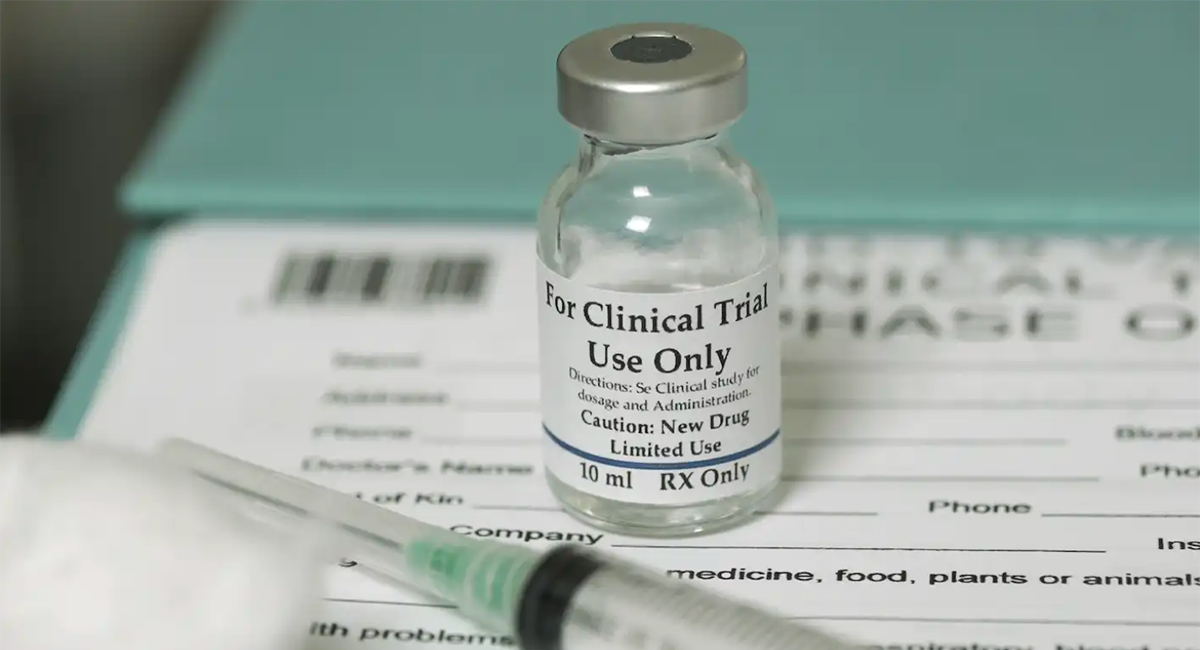
11 Apr What exactly *is* a clinical trial – and should you apply for one?
By Emily Pinto, Katie Couric Media
We asked an expert to explain it all, from who gets a placebo to why the process seems to take so long.
During the Covid-19 pandemic, we heard a lot about clinical trials and their importance in the development of a vaccine. If you’ve ever dealt with a cancer diagnosis, you’ve probably heard of them, too. But what exactly are clinical trials, and what purpose do they serve? Who gets to be part of them? Are they safe? And what’s the deal with placebo groups? We asked Ali Massoud, Vice President of Clinical Affairs at Exact Sciences, to break down this important step in the development of new drugs and medical tests.
What is a clinical trial?
In the most basic terms, a clinical trial is a study that seeks to answer a research question using human participants. Ms. Massoud explains, “That research question may involve an investigational drug, medical device, or diagnostic test, meaning one that is not yet approved for commercial use for sale.” Investigational drug trials seek to answer many questions about a treatment, like how safe it is and what doses have an effect. Ms. Massoud explains that these trials are an integral part of the product approval process: “They’re how we determine if a new drug, medical device, or diagnostic test will work for patients, and they’re done in a highly controlled and regulated setting.”
While there are always risks with any treatment, there are many different laws, guidelines, and agencies involved in clinical trials with the express purpose of minimizing those risks for clinical trial participants. Read more …



